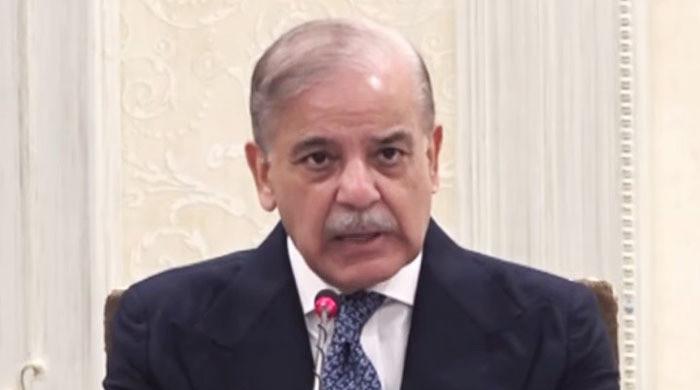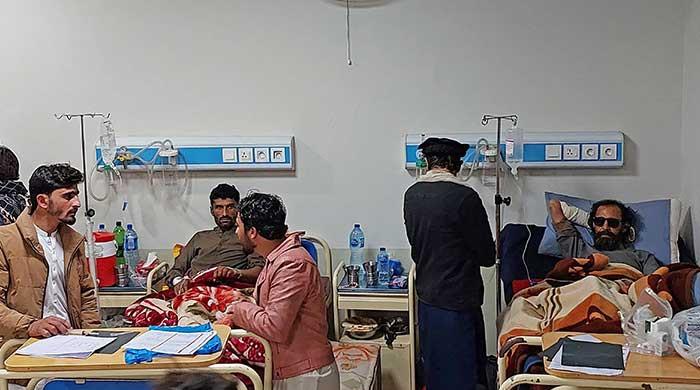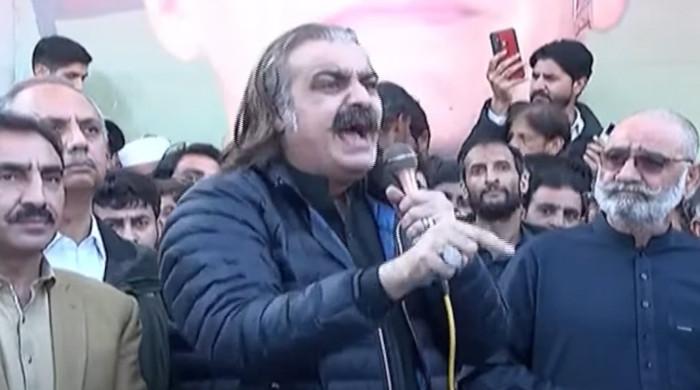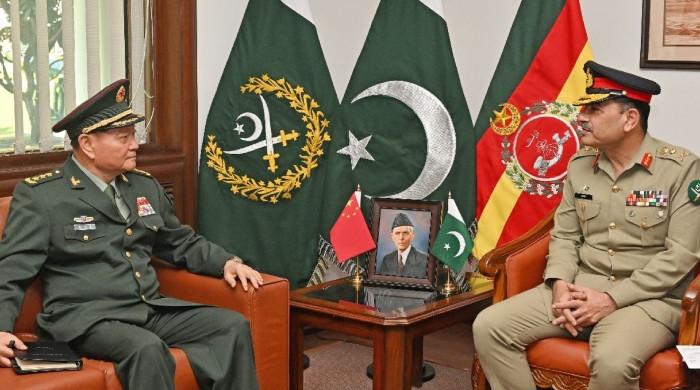Drone attacks counterproductive, Zardari tells Grossman
ISLAMABAD: President Asif Ali Zardari has again told the US that drone attacks inside Pakistani territory are useless and counterproductive, Geo News reported.He was talking to visiting US Special...
April 27, 2012
He was talking to visiting US Special Envoy for Pakistan and Afghanistan Marc Grossman, who is on a two-day visit here to hold talks with Pakistani leadership over the resumption of ties between the two countries.
Relationship between the two allies had been at lowest ebb after the Nato raid and parliament approved new guidelines for relations with the United States and its Nato allies.
PPI adds: President Zardari said that after Pak side has followed the democratic course for the re-engagement with the United States to be based on transparency, mutual interest and respect, it was now the US turn to fully appreciate the democratic course and to help Pakistan in reaching closure on Salala by helping the Pakistan Government follow the path as indicated by the Parliament.
Spokesperson to the President Senator Farhatullah Babar while briefing about the meeting said that during meeting the President emphasized upon the need for evolving a mechanism for counter-terrorism cooperation between the two countries. He said that bridging the trust-deficit holds the key to Pakistan re-joining the counter-terrorism cooperation.
Pakistan and the United States, the president said, share many important areas where there was convergence of mutual interests. He said that most notable among those were the goals of stability and peace in Afghanistan and the complete defeat of Al-Qaeda.
President Zardari said that Pakistan has always maintained that drone attacks were highly counter productive in the war against militants as it inflamed public sentiments due to innocent civilian casualties. He said that both the sides should consider setting up a framework of mechanism to find mutually acceptable alternatives.
He said that Pakistan wanted to re-engage with the US at all levels in the light of the Parliamentary review.
He said that Pakistan was committed to providing assistance to the international presence in Afghanistan. However, the international community should share the financial and economic cost of services and goods involved in the process.
The president said that with Defence Committee of the Cabinet proceedings underway, we have already initiated inter-agency consultation process and broad parameters have been developed for an agreement on Isaf/Nato supplies through Pakistan.
The president also emphasized upon early resolution of the issue of reimbursement of CSF arrears. He said that CSF reimbursements were a sticking point in the relationship which needed to be addressed urgently.
He said that Pakistan needs more attention in the areas of energy generation, infrastructure development, water management and social and human development.
The president also invited delegation attention towards Pakistan's need for more market access for its products in the US market through preferential trade tariff.
He said that there was a need to refocus on reinvigorating the Strategic Dialogue process, as this dialogue was mainstay of our bilateral relations.
Discussing regional situation, the president reiterated Pakistan's principled stance to support intra-Afghan and Afghan-led reconciliation process in Afghanistan.
Other issues of important concern for Pakistan such as drug trafficking also came under discussion.
Ambassador Grossman thanked the President for meeting and said that the United States respected the Parliamentary process of overview of relationship. He said that US wanted to work with Pakistan and expressed the hope that the bilateral relations would soon be back to normal.
Ambassador Grossman was accompanied by Cameron Munter, US Ambassador, Dr. Peter Lavoy, Assistant Secretary for Asia & Pacific Security Affairs and other officials.
Pak side included Defence Minister Ch. Ahmed Mukhtar, Finance Minister Dr. Hafeez Sheikh, Foreign Minister Hina Rabbani Khar, Interior Minister Rehman Malik, Secretary General Salman Faruqui, Army Chief General Ashfaq Parvez Kayani, Ambassador Sherry Rehman, Foreign Secretary Jalil Abbass Jilani, DG ISI Lt. Gen Zaheer-ul-Islam and Spokesperson to the President Senator Farhatullah Babar besides other senior officials.











